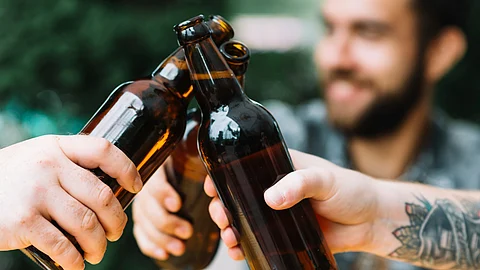She further noted, "We have raised alarms about the health consequences of these drinks for nearly a decade, highlighting that they are sold to children as young as ten years old for prices as low as 25 pence—cheaper than bottled water."
Healthy energy alternatives that actually work.
If you’re looking for a natural energy boost, there are plenty of safe options:
Hydration: water, coconut water, and natural fruit juice
Food-based energy: dark chocolate, nuts, bananas, and goji berries
Tea: a blend of green tea and herbs
Smoothies: leafy greens, fruit, and protein blended
Lifestyle: Get enough sleep, exercise regularly, and take care of stress.
Even mild dehydration can sap your energy and concentration. Staying hydrated and nourished are the keys to long-term energy and vitality.
Protecting Young Bodies and Minds
A healthy diet, exercise, and showing up can accomplish more for your energy than all the caffeine and sugar in the world. Let's revisit what we reach for when we're tired and invest in habits that will result in long-term, sustainable health.
Reference:
1. British Dietetic Association. "Energy Drinks and Young People." British Dietetic Association, accessed May 21, 2025. https://www.bda.uk.com/resource/energy-drinks-and-young-people.html.
(Input from various sources)
(Rehash/Muhammad Faisal Arshad/MSM)


